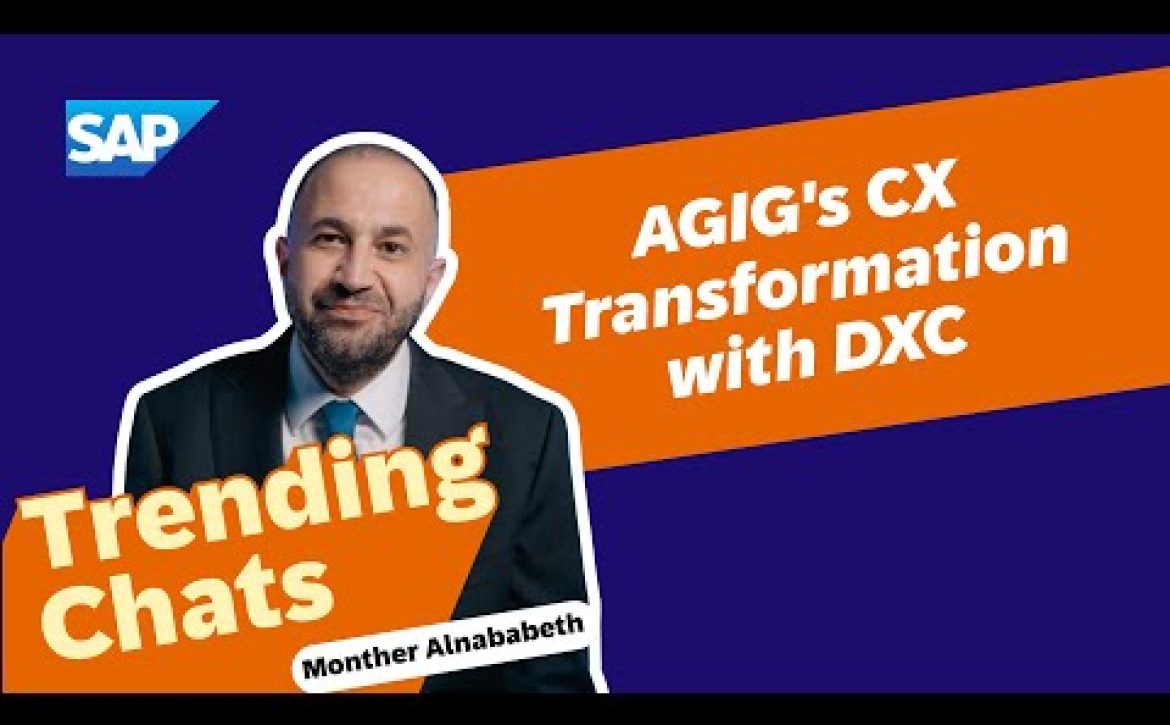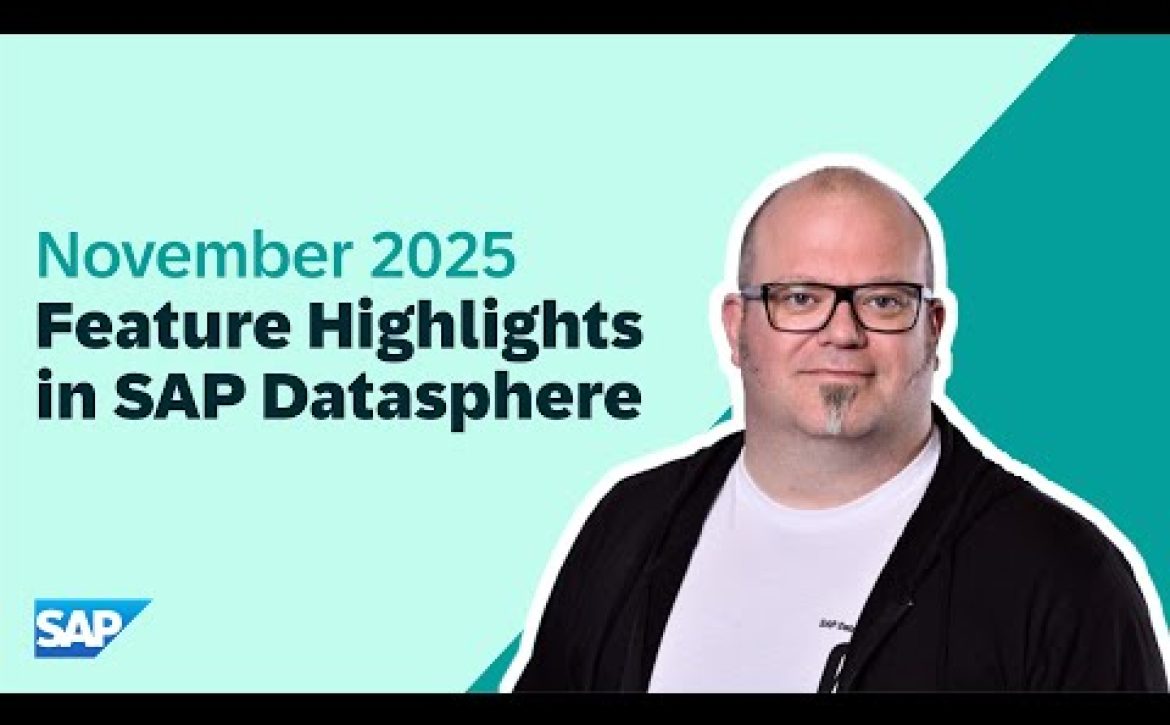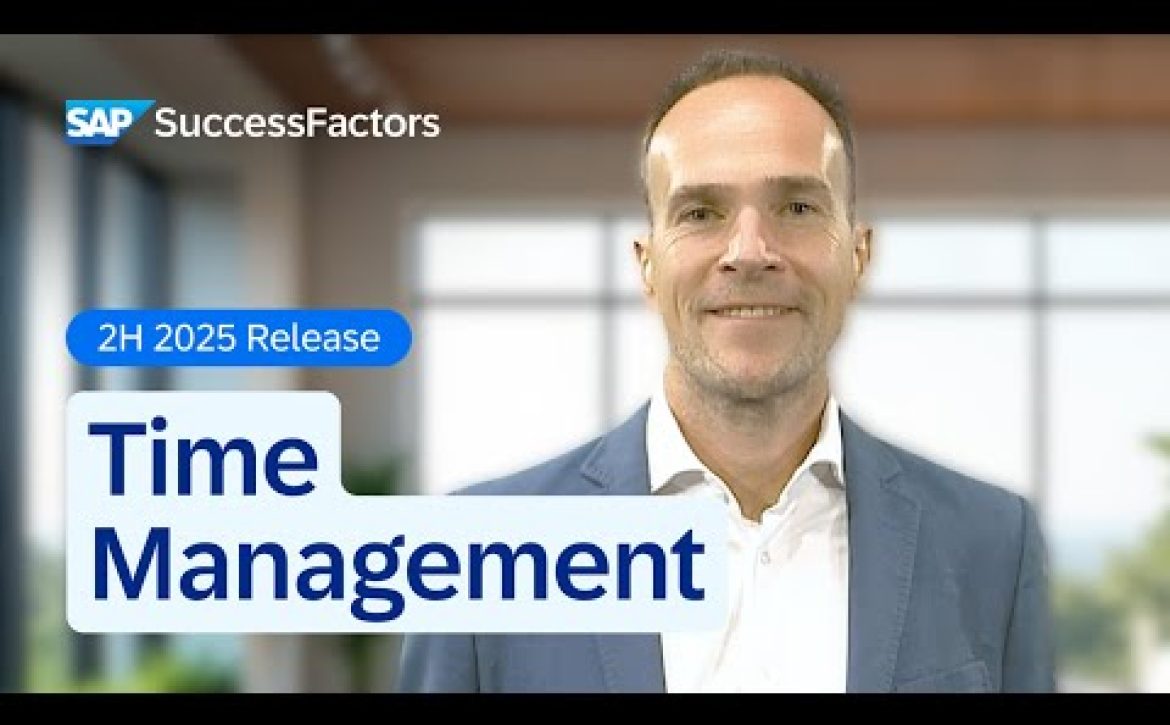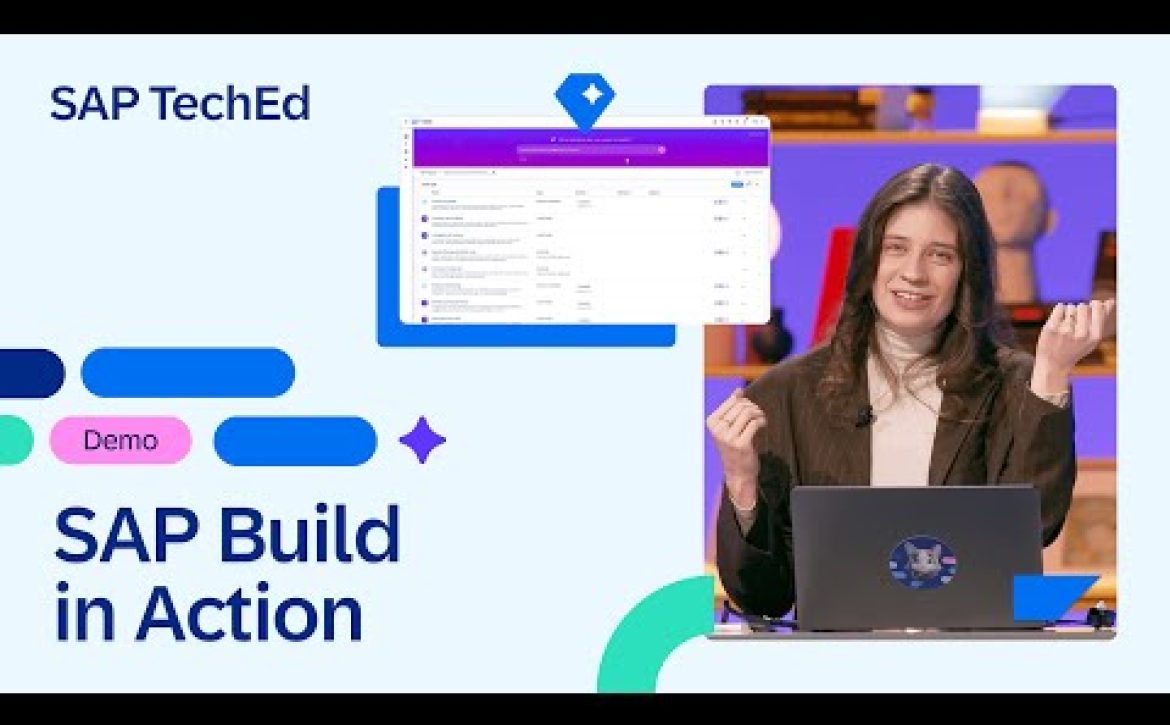SAP’s recent acceptance into the U.S. Treasury’s FM QSMO Marketplace marks a milestone in the company’s continued commitment to the U.S. federal market.
Secure and strengthen your digital future with government cloud solutions from SAP
This achievement underscores SAP’s dedication to empowering federal agencies with secure cloud-ready solutions that align with the government’s modernization and transparency goals.
SAP S/4HANA Cloud, the company’s next-generation SAP Business Suite foundation, delivers comprehensive financial management capabilities specifically designed for the public sector.
With advanced automation, real-time analytics, and a secure cloud architecture, agencies can optimize financial operations, strengthen oversight, and accelerate mission outcomes. From appropriations management to budget forecasting and performance tracking, SAP S/4HANA Cloud enables organizations to work faster, smarter, and with greater accountability—all while maintaining full compliance with federal policies and cybersecurity standards.
Advancing the government’s modernization agenda
The FM QSMO Marketplace, operated by the U.S. Department of the Treasury, is a key pillar in the government’s strategy to modernize financial management. By curating a pre-vetted catalog of approved commercial and federal solutions, the marketplace simplifies acquisition processes and enables agencies to adopt high-quality, secure, and standards-based systems with confidence.
New marketplace listings from SAP include SAP S/4HANA Cloud Private Edition, SAP Analytics Cloud, integration services for SAP Business Technology Platform (SAP BTP), and a full suite of risk mitigation services covering activation, transition, and operational support. Together, these offerings give agencies the flexibility and agility to modernize their core systems while achieving improved performance, transparency, and accountability.
Accelerating modernization: a win for government and industry
The FM QSMO Marketplace reduces barriers to modernization by centralizing evaluation, contracting, and compliance, streamlining the path for agencies to adopt proven solutions. For government leaders, it offers access to technologies that promote consistency, interoperability, and data-driven collaboration across departments. The result is enhanced efficiency, transparency, and value for the American public.
For SAP, this selection is both a recognition of decades-long partnership and a reaffirmation of its mission to help government operate at the speed of mission. By making secure cloud technology and deep public sector expertise from SAP easily accessible, agencies can modernize confidently with solutions that deliver measurable and lasting impact.
Partnering for the future of government
SAP’s inclusion in the FM QSMO Marketplace reflects a shared vision with the U.S. Treasury: to advance financial excellence, accountability, and trust in government.
Together, SAP and its federal partners are shaping the next era of an AI-enabled, data-driven, and citizen-focused public service, one where modern technology forms the backbone of smarter decisions, stronger performance, and greater outcomes for every mission.
David Robinson is president of Cloud ERP and acting managing director of U.S. Public Services at SAP.
Sign up for the SAP News Center newsletter and get news and highlights delivered straight to your inbox each week












